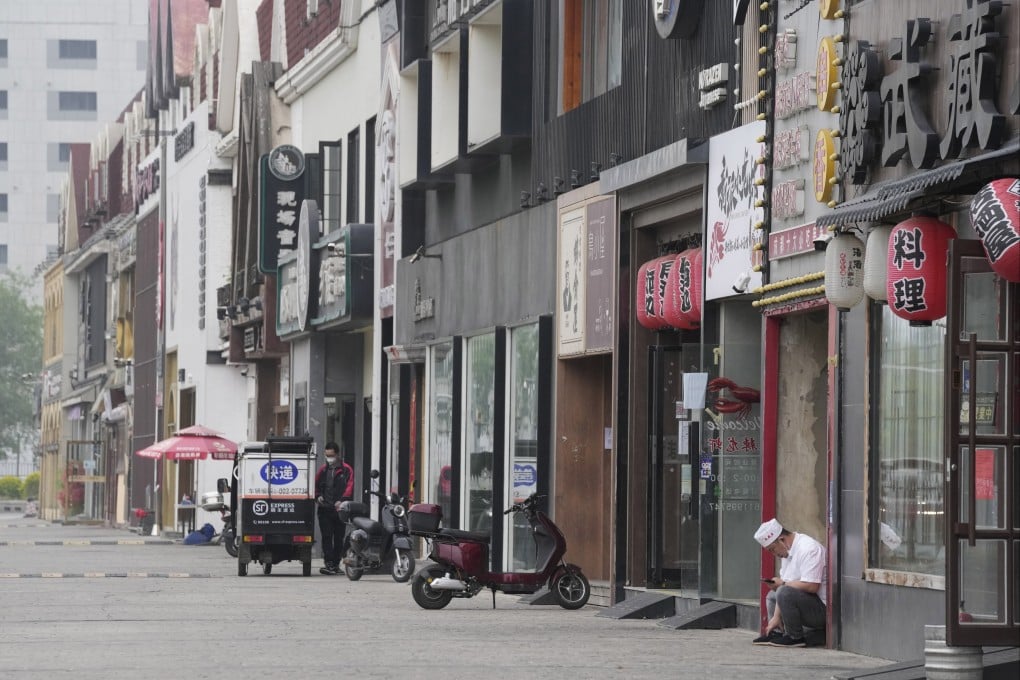Advertisement
China economy: data paints bleak picture of coronavirus-hit activity
- Many families and businesses are losing their ability to resist economic shocks, expert warns
- Vouchers and cash subsidies could help ‘spur spending in the short term’
Reading Time:3 minutes
Why you can trust SCMP
70

Fresh signs of the coronavirus’ toll on the Chinese economy are expected on Monday, reminding decision-makers of the need to loosen policy and stimulate consumption, observers said.
The warnings come as the government doubles down on its dynamic zero-Covid strategy to contain coronavirus outbreaks, disrupting businesses in a string of Chinese cities, including Shanghai and neighbouring powerhouses in the Yangtze River Delta.
“It’s time to do whatever we can to save the economy,” Huang Yiping, a Peking University professor and a former central bank adviser, said at the Tsinghua PBCSF Chief Economists Forum in Beijing on Saturday.
Advertisement
“Cash flow problems have shown up for many enterprises and households. More direct support is needed for affected companies and people.”
Those problems were reflected in car sales and bank loan data released last week.
Advertisement
Advertisement
Select Voice
Select Speed
1.00x
